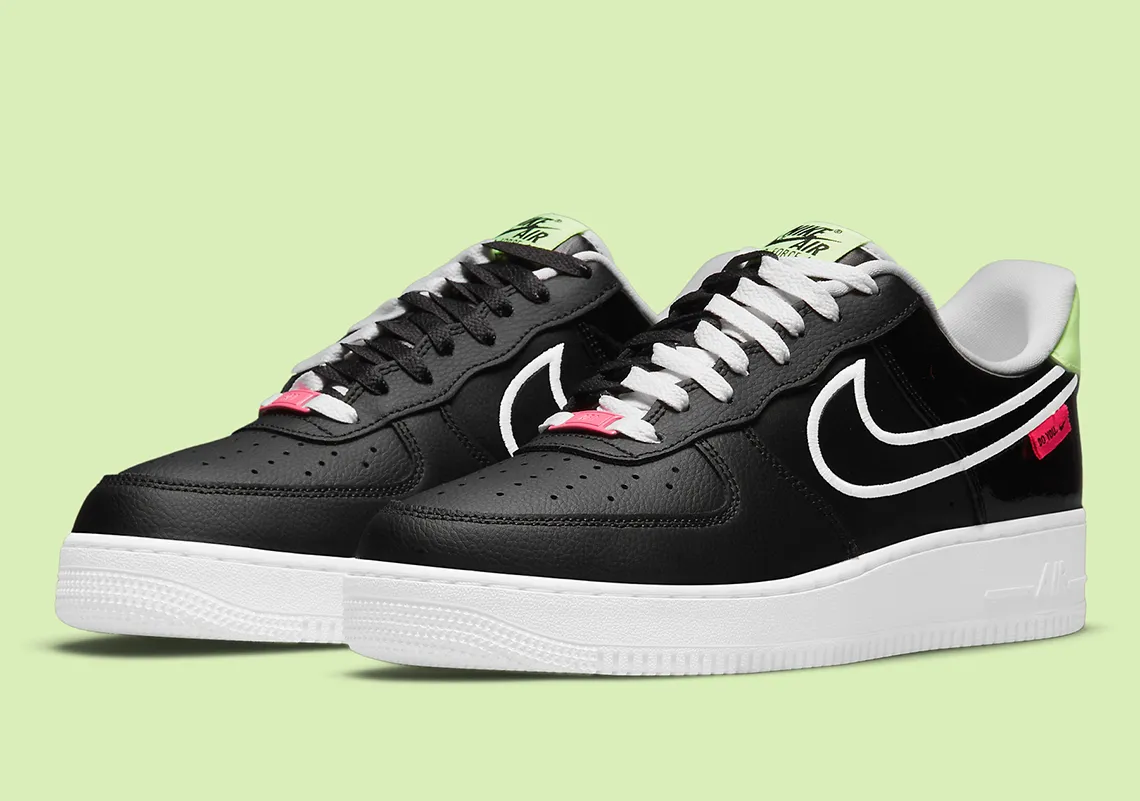Nike customers cooled their heels Saturday while waiting in line outside the iconic brand’s store at Fashion Valley mall. Most ignored a small sign posted in the window.
It was one of 10 mainly COVID-related mini-posters. But this was meant for a special clientele.
Alongside a blue ear graphic, it read: “If you prefer to be assisted by an employee who is wearing a clear face mask, or if you need any other accommodation, please ask an employee for assistance.”
Carlsbad lawyer James Clapp was happy to learn the sign was posted. It meant his lawsuit settlement with Nike had taken effect.
“The ear is the international sign for hearing access,” Clapp said. “People like myself who are deaf look for this symbol if we need an accommodation, and I personally believe it is prominent enough that a deaf person will instantly notice it.”
Clapp was lead attorney in a major class action suit against the sportswear and shoe giant brought on behalf of Cali Bunn, 22, a former Cathedral Catholic volleyball star with profound hearing loss.
On Jan. 28, Nike attorneys informed a San Francisco-based federal court that they had agreed to a settlement Jan. 8 that would pay Bunn’s attorneys $85,000 — just under half the costs they incurred.
Nike would pay Bunn $5,000 as a “service award” due to the 15-20 hours she devoted to the litigation, “the reputational and financial risk she undertook, and the substantial benefit her efforts ultimately conferred to Nike’s deaf and hard of hearing customers in California.”
In July, Tulane University student Bunn went to buy shoes at the Nike store in Fashion Valley. But with her sales clerk wearing a COVID-mandated mask, she wasn’t able to read lips — an “upsetting experience” that caused “anguish.”
Last September, she sued Nike to accommodate hearing impaired people, citing state law and the federal Americans With Disabilities Act.
After two months of “cordial” negotiations, Nike and Bunn reached a deal with statewide effect — and possible national consequence.
Get Times of San Diego Daily by Email
Every Nike retail store in California must provide transparent-window face masks for employees as well as clean pens and paper to “facilitate the exchange of notes with customers who are deaf or hard of hearing and indicate they prefer to communicate in writing.”
Nike also agreed to post notices near entrances of its 38 California stores advising deaf or hard of hearing customers they may ask for assistance.
Clapp said he and a co-counsel have worn, tested and approved the masks.
“They are comfortable and they do the job in terms of allowing you to see the wearer’s mouth and facial expressions,” he said.
Nike didn’t respond to queries including whether its California policy would be adopted nationwide. A Fashion Valley store manager wouldn’t allow photos of the new masks, instead directing questions to Nike.
But Clapp said in a statement: “My client and I agree that face masks are necessary to protect public health, but they also create communication problems for the millions of people in the U.S. who are deaf or hard of hearing.
“We appreciate Nike’s proactive approach in dealing with this important but overlooked problem. I hope that this settlement causes other retailers to follow suit voluntarily. Accommodating people with disabilities is not only legally required, but it shows a commitment to good customer service.”
One mask-maker agreed.
“Under Title III of the Americans with Disabilities Act … entities such as businesses and nonprofit organizations are required to provide effective accommodations upon request, including auxiliary aids,” said Allysa Dittmar, president and co-founder of ClearMask, which makes a transparent face covering.
She wouldn’t say whether Nike was a client, but Times of San Diego was told that Nike is buying clear masks from one of its regular manufacturers outside the United States.
“They are reusable/washable cloth masks, not disposable masks like the one made by ClearMask,” said a source who didn’t want to be identified.
Support our publication
With the generous support of readers like you, Times of San Diego publishes timely and accurate news coverage for a better-informed community. Helps us grow with a monthly contribution.
Before settlement talks, Bunn’s lawyers visited seven Nike retail stores to confirm its policies were uniform throughout the state. Now both sides await formal approval by a federal judge.
At 2 p.m. April 20, Judge Yvonne Gonzalez Rogers is expected to sign off on the settlement at her Oakland courtroom.
It’s taking that long because the deal has to be circulated to state attorneys general across the country.
“Nike served the required notices on January 14, 2021, and will be filing proof of compliance with this notice requirement. Thus, the final approval order cannot be entered before April 13, 2021, to comply with the CAFA notice requirement,” Clapp told the court.
February 09, 2021 at 07:08AM
https://ift.tt/3aK7rpz
Fashion Valley Nike Store, Ground Zero of Class Action for Deaf, Toes Line on Deal - Times of San Diego
https://ift.tt/3g93dIW
Nike

No comments:
Post a Comment